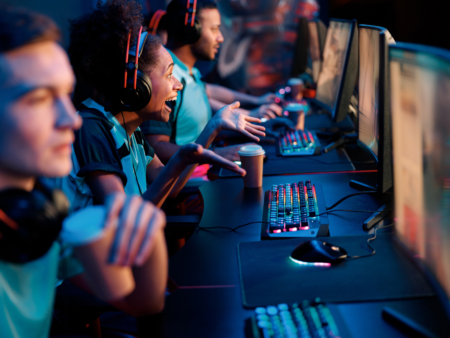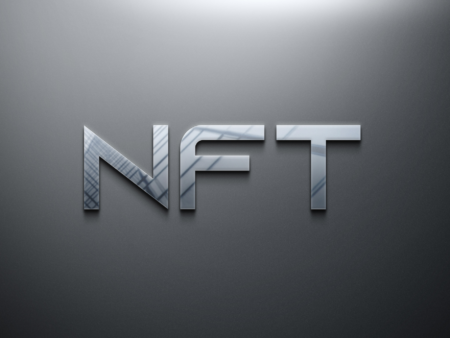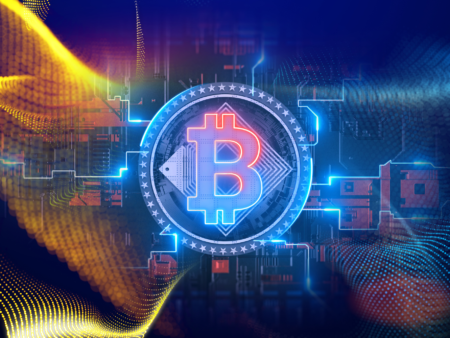Unveil the real value of Web 3.0 gaming beyond the misconception of asset ownership as NFTs. Explore how blockchain-based incentives can propel the sector’s growth to new heights.
The value of Web 3.0 gaming, according to popular belief, is that users control their own in-game assets as non-fungible tokens (NFTs). The most prevalent misconception in the area is this one, and it is blatantly incorrect. Although ownership is important, restricting Web 3.0 gaming’s value to ownership leaves out the possibility for blockchain-based incentives to grow the sector beyond even its current scale.
The world of gaming monetization models is being driven by Web 3.0
The less-publicized but more useful breakthrough may be a world of revenue alternatives for users, game producers, and their communities.
Few retailers sell games to both experienced and new players. They may sell their game on consoles, app stores, or Steam.
What if they could expand their stores to the entire internet and make money from millions of virtual spaces?
If game makers could control both the new game and secondary resale markets, they might benefit from each new player.
Blockchain games can reach ten times the market. It’s like selling your game on a locked app store vs a Shopify website that can communicate with every app and marketplace.
The League of Legends World Finals this year had VIP badges with a warning that selling or giving them away will get you disqualified.
The current gaming business model maintains the narrowest user moat and tightest control over your closed game environment.
In a blockchain-enabled, decentralized economy, you can make the VIP badge as an NFT.
Event organizers may allow VIP ticket holders to resell their tickets to anyone for 5% of the ticket’s value.
Most game designers receive fair compensation and long-term benefits through smart contract-enforced royalties.
NFT buyers benefit. The owner may receive the money if they no longer need it.
Blockchain asset royalties let developers monetize their holdings and build their fan base.
Web 2.0 games include virtual money, but they lack economic certainty like quantity, inflation, and reward schedules.
Increasing the potential ownership of in-game assets
All the characteristics of an NFT are recorded on the blockchain, and if you hold one, you also own the history of that ownership.
When you play Web 2.0 games, you don’t ‘own’ whatever you acquire or earn outside of the game server.
Since in-game currencies or other assets frequently collapse as soon as the server or game they are present in is no longer supported by its creators, this effectively turns all game assets into temporary “IOUs” from game developers. Nebulous ones, in particular.
Future generations of gamers will probably value actual ownership of digital assets supplied by NFTs above the purely IOU-based services offered by centralized Web 2.0 servers.
And when combined with the expanded economic models for gaming made available by the development of blockchain, it is a very valuable proposition for gamers and game creators interested in playing and producing on the blockchain.












